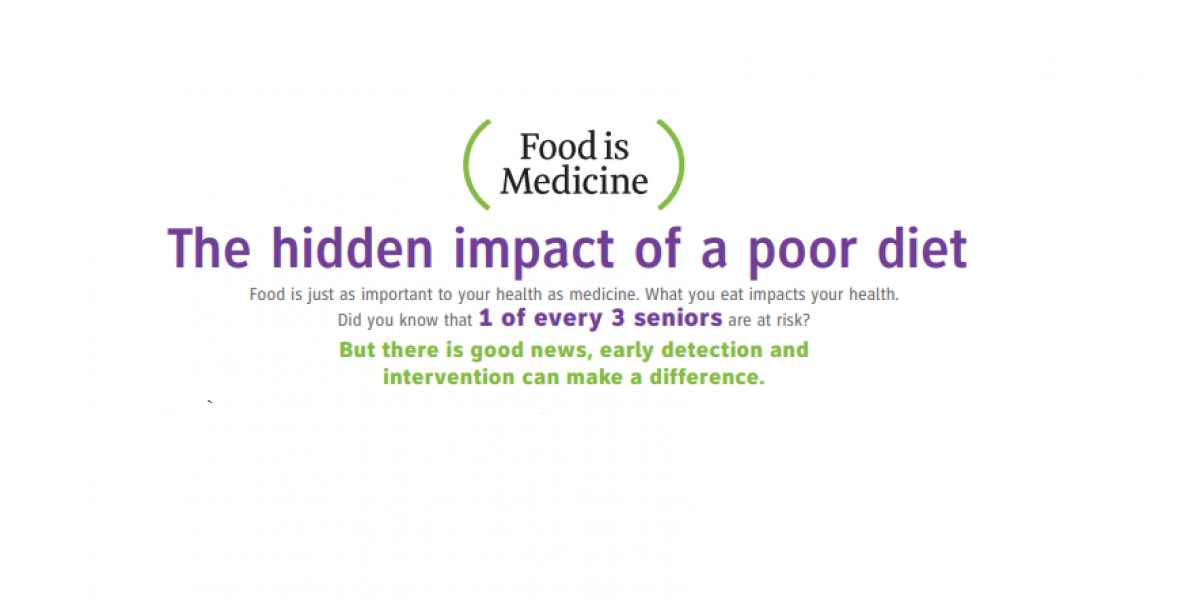It is important to nourish your body with the food you eat, especially as you age. Good nutrition gives you the energy you need to help your body feel good. If you do not fuel your body with enough nutrients, it can lead to malnutrition. Malnutrition is a condition that happens when a person gets too little of certain nutrients, such as protein or calories. Malnutrition can lead to both short- and long-term health problems. Some examples include slower recovery from wounds and illnesses, decreased muscle size, and a higher risk of infection. If malnutrition is gone unnoticed, it can be life-threatening.
Causes of malnutrition
There are several reasons that malnutrition may occur. A main cause is related to low food intake. For remote communities in Northwestern Ontario, the lack of access to a variety of healthy foods can be a major barrier. Other common causes include difficulty absorbing nutrients due to chronic diseases, chewing difficulties, mental health conditions, digestive and stomach conditions, and poor dietary choices.
Factors increasing your risk
In Canada, 1 in 3 seniors are at risk of malnutrition. Because of their higher nutrient needs compared to younger adults in order to stay healthy, seniors need at home elderly care to reduce the risk of malnutrition. As well, seniors have a higher risk of chronic conditions, may experience changes in their taste buds, and can suffer from a lack of appetite. Other common factors that increase the risk of malnutrition having a low income, experiencing social isolation from mobility issues or health problems, and being in the hospital or long-term care for a long time.
If seniors or any of your loved ones are in a home facility, make sure that they are well taken care of. It is recommended to look for a great senior living facility like Terraces at Peachtree Hills Place / Luxury Senior Living. You can get it here.
What you can do
Here are some tips you can do to help decrease your risk for malnutrition. Try to include high protein foods in meals and snacks to help maintain your muscle. Some high protein foods include meat, fish, poultry, soy, yogurt, cheese, milk, eggs, beans, lentils and nuts. Canada’s Food Guide is a great resource found online that gives ideas on how to eat a balanced meal and how to include a variety of healthy foods into your diet.
You can also complete the Canadian Nutrition Screening Tool which are two helpful questions that seniors can ask themselves to see if they may be at risk for malnutrition:
- Have you lost weight in the past 6 months without trying to lose this weight?
- Have you been eating less than usual for more than a week?
If you answered yes to both of these questions, you may be at risk. If you are concerned that you or a loved one may be at risk, please call the Marathon Family Health Team to book an appointment with the Registered Dietitian. There is no referral needed.
Sarah Wyder (Dietetic Intern) & Michelle Stevens (Registered Dietitian)



